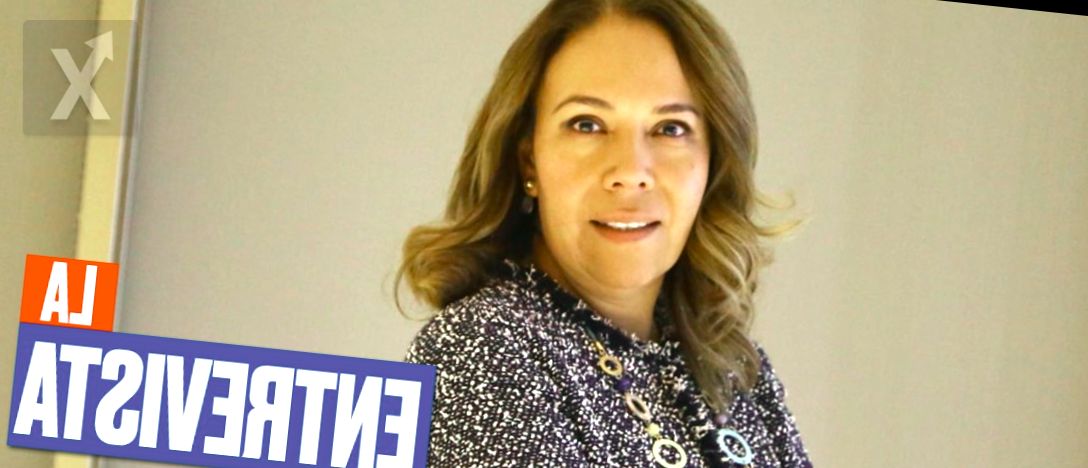Citi Trusts in Mexico's Future Despite Economic Uncertainty

2025 is shaping up with a note of caution in the markets, but that doesn't apply to Citi —the bank that recently spun off Banamex— which continues to rank Mexico among its top five global franchises, despite a stagnant GDP growth and the uncertainty surrounding a potential review of the US-Mexico-Canada Agreement (USMCA); however, the fundamentals remain solid.
In a conversation with Expansión, Mayra Balcázar, CEO of Citi Commercial Bank, mentions that the multinational companies she oversees are interested in investing in the country, although they will adopt a more cautious approach. She also adds that Mexican companies have expansion plans but are pausing major projects until they have a clearer understanding of the broader economic situation. “The economy shows signs of slowing down, and although there is fear, the interest of companies coming to Mexico remains strong,” comments the bank executive following its split from Banamex last year. Experts and analysts agree that the country’s GDP could grow by 0.2% by the end of this year, marking the third consecutive year of slowdown. The latest survey conducted by Banco de México (Banxico) revealed that there is little optimism among experts regarding investments, with only 2% believing it’s a good time to invest, as opposed to 71% who think it’s a bad time. Additionally, projections for the rest of the year are not encouraging, as only 7% of respondents believe the business climate will improve in the next six months, while 45% think it will stay the same and 48% believe it will worsen. Mayra Balcázar understands this scenario but also recalls a saying from the financial world: true leaders are identified in times of rising tides, so Citi is preparing to face the challenges ahead. “We ended the first quarter with revenues of $182 million, positioning us as a strong bank within the financial system. We have approximately $3.5 billion in capital to support large companies —those that report sales over $100 million annually— reflecting Citi's size and commitment to Mexico.” The ITAM graduate points out that Citi has advanced financial solutions to tackle complex situations, including currency hedging, interest rates, and commodity management. Currently, the bank manages between 650 and 700 companies and has added 28 of the 100 planned for 2025 this year. “We might be a bit behind our original timeline, but we are still seeing multinational interest in Mexico.” Balcázar emphasizes that this storm of high volatility could stabilize with the USMCA review, which would help provide clarity for clients to restart their investments. “The review or renegotiation of the trade agreement is something everyone is waiting for to clarify the rules and move forward,” she stated.
While there are precautions, there are also significant opportunities ahead. Mexico's fundamentals remain strong, and investments will continue to flow. The reality is that this could lead us to a new normal, which, rather than being concerning, would represent a reorganization to understand the new economic, financial, and commercial landscape. Thus, Citi’s commitment to Mexico remains steadfast. The bank has been operating in the country for a century, is well-capitalized, and its focus continues to be on supporting businesses as it always has. “Mexico is one of our most relevant franchises. It’s among the top five largest of Citi globally, which reflects our commitment. The real challenge for Mexico and Citi centers around the relationship with the United States, which is the leading global economy. If the USMCA rules don’t adapt to future challenges, even leaders like Balcázar could face even tougher waves.
Considering the current economic context and the challenges posed by global uncertainty, it is essential for companies and investors to maintain a balanced and strategic approach. Opportunities can arise even during volatile times, as long as the right information is at hand and proactive actions are taken. Financial training and adaptations to new realities will be key to navigating this evolving economic landscape.





